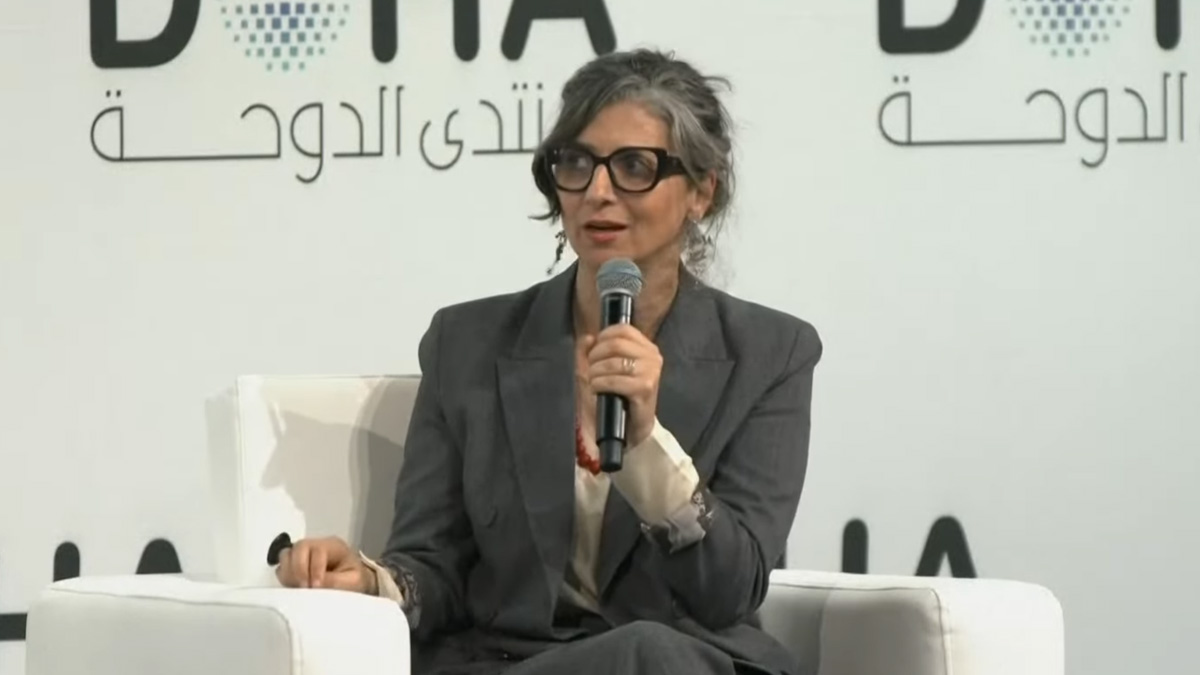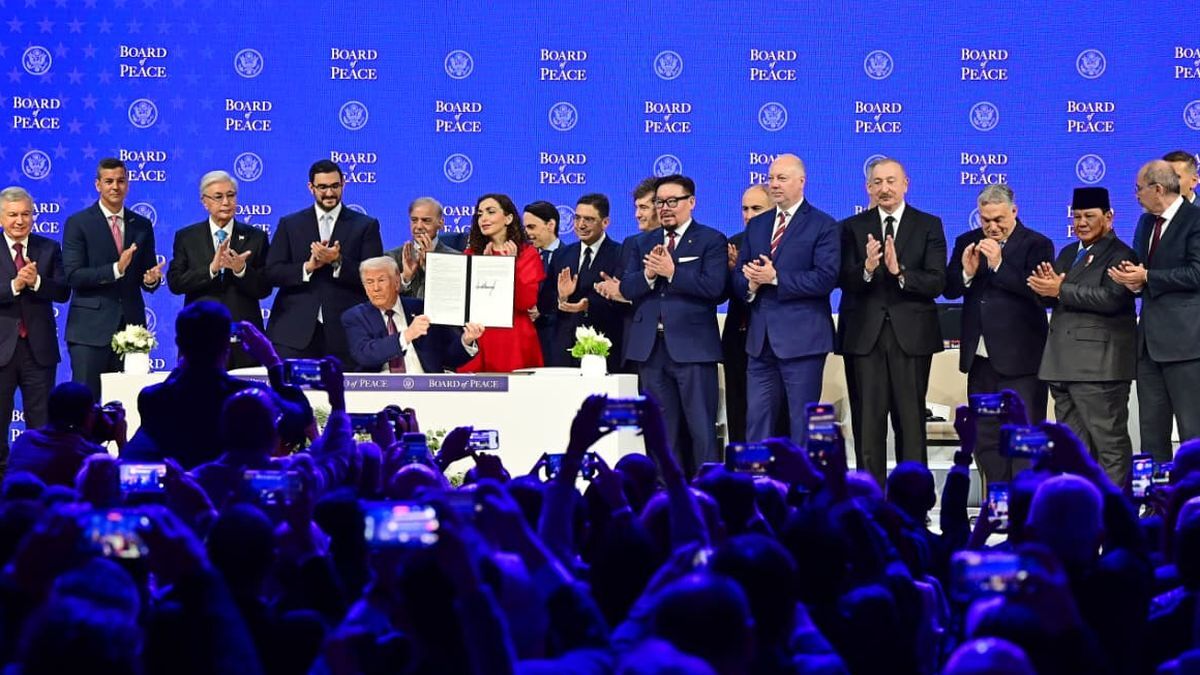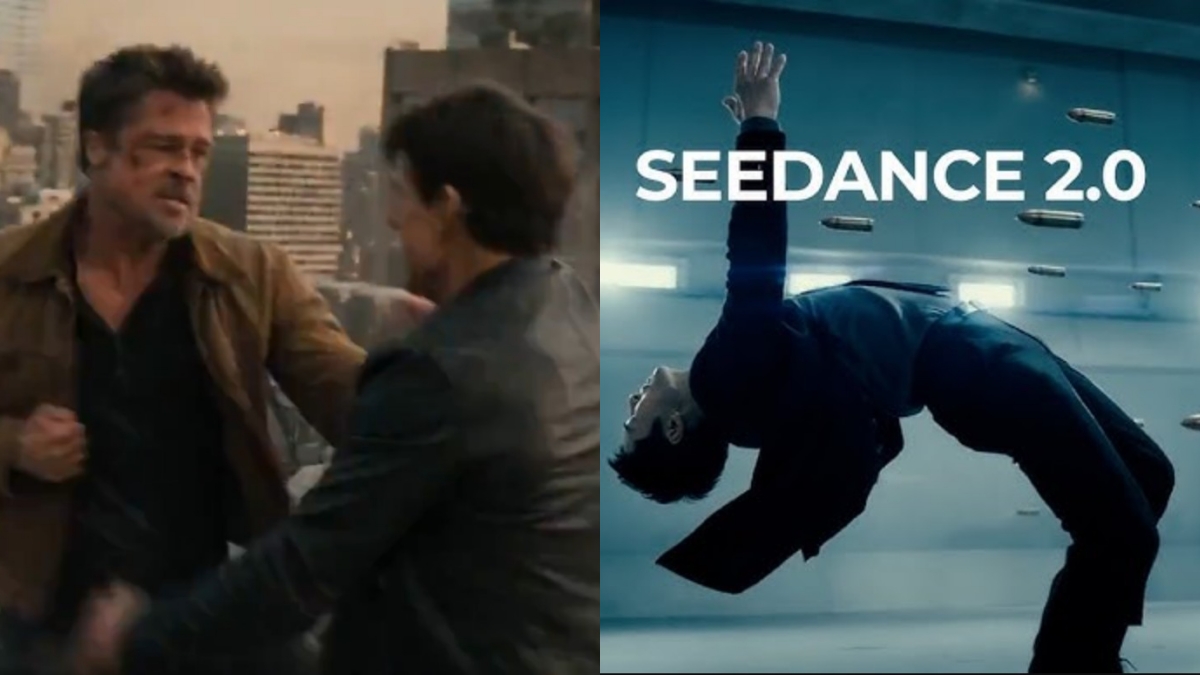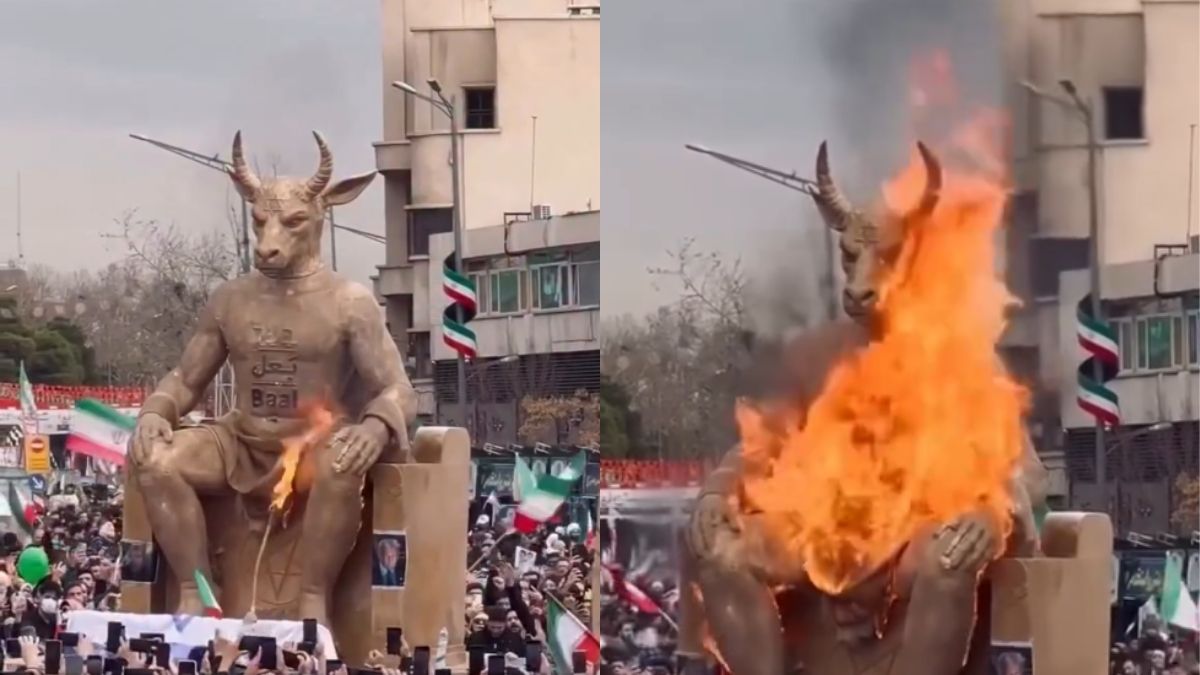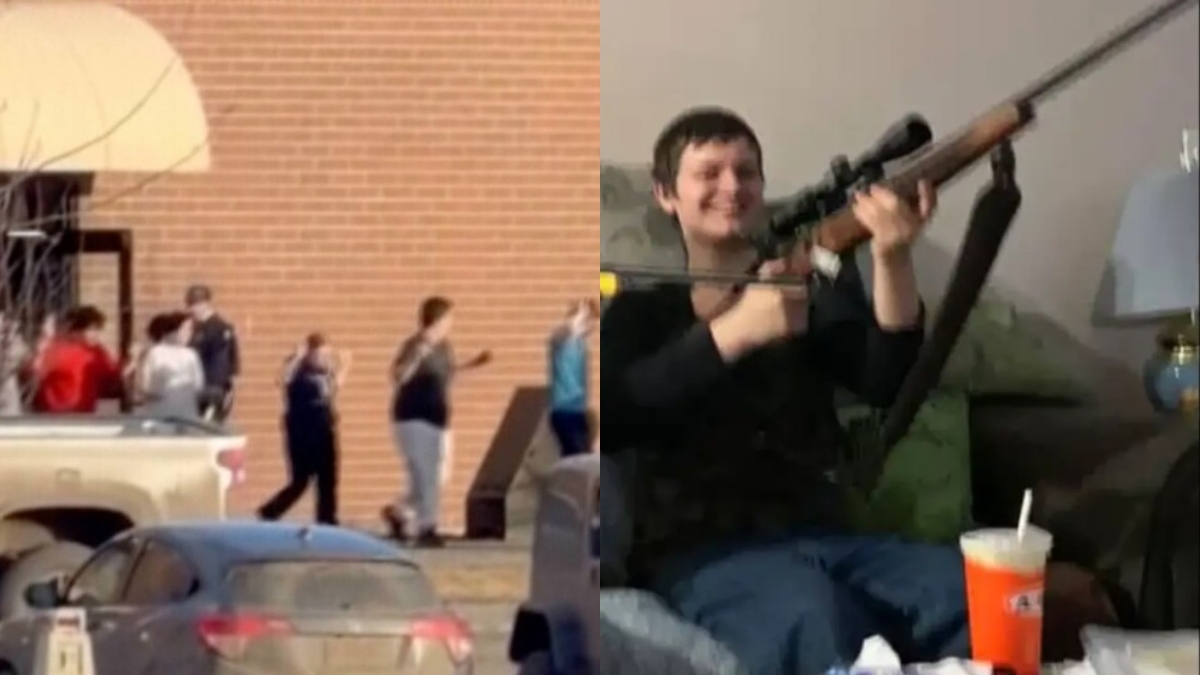Israel asks ICC to revoke arrest warrants for Netanyahu and Gallant amid Gaza conflict probe
Israel has formally requested the International Criminal Court (ICC) to revoke arrest warrants for Prime Minister Benjamin Netanyahu and former Defence Minister Yoav Gallant, while also calling for the suspension of the court’s ongoing investigation into alleged war crimes in Gaza.

- Israel formally requested the ICC to revoke arrest warrants for Prime Minister Netanyahu and ex-Defence Minister Gallant.
- The ICC is reviewing Israel’s jurisdictional objections but has no set timeline.
- The Gaza conflict has killed more than 52,000 Palestinians, with human rights groups pressing for accountability.
Israel has lodged a formal request with the International Criminal Court (ICC) to revoke arrest warrants issued against Prime Minister Benjamin Netanyahu and former Defence Minister Yoav Gallant, according to court documents published on 9 May.
The filing also urged judges to suspend the prosecution’s ongoing investigation into alleged atrocity crimes in the Palestinian Territories, highlighting Israel’s long-standing position that the court lacks jurisdiction over the Gaza conflict.
Warrants under challenge
The ICC first issued arrest warrants on 21 November 2023 for Netanyahu, Gallant, and Hamas leader Ibrahim al-Masri, accusing them of war crimes and crimes against humanity during the Gaza conflict.
In February 2024, the court announced the withdrawal of the warrant against al-Masri, also known as Mohammed Deif, after credible reports confirmed his death.
Israel, however, continues to challenge the warrants against its sitting prime minister and former defence minister, asserting that no war crimes were committed and that the court’s jurisdiction does not extend to Israeli officials.
Appeal and reassessment
In April 2024, the ICC’s appeals chamber ruled that the pre-trial chamber must reassess Israel’s jurisdictional objections as well as the validity of the warrants. The chamber did not set a deadline or specify how the review should proceed, leaving uncertainty over when — or how — a decision might be delivered.
The documents filed on 9 May, signed by Deputy Attorney General Gilad Noam, reiterated Israel’s rejection of ICC authority. “The State of Israel does not recognise the jurisdiction of the Court and does not accept its authority over Israeli officials,” the filing stated.
Political stakes
The legal dispute underscores the political tensions that have long shaped the Gaza conflict. Israeli officials have denounced the ICC’s involvement as politically motivated and biased against Israel.
“The request to revoke arrest warrants against a sitting head of government and former defence minister represents an escalation in Israel’s stance toward the Court,” said one international law expert, noting that the move could influence how the ICC handles cases involving states that refuse cooperation.
Observers warn that the outcome of the jurisdictional review could set precedents for how the ICC addresses accountability in contested conflict zones, particularly where governments dispute its reach.
Human rights concerns
Human rights organisations continue to call for full accountability. They argue that the high civilian death toll in Gaza demands impartial investigation.
Israel’s military campaign has drawn international scrutiny for alleged violations of international humanitarian law. Gaza’s Health Ministry reports at least 52,862 Palestinians killed and 119,648 wounded since the war began, while the Government Media Office places the death toll at over 61,700, citing thousands more presumed dead beneath rubble.
Israeli officials counter that military actions target Hamas militants, not civilians, and accuse the ICC of overlooking atrocities committed by Hamas.
Outlook
As of now, the ICC has not announced a timeline for its reassessment of Israel’s objections. Both supporters and critics of the court agree that the review could prove pivotal for its credibility and effectiveness in addressing war crimes in politically sensitive conflicts.
Until then, the arrest warrants for Netanyahu and Gallant formally remain in place, though neither leader faces imminent risk of arrest as Israel does not recognise the ICC’s jurisdiction and is not a party to the Rome Statute.


